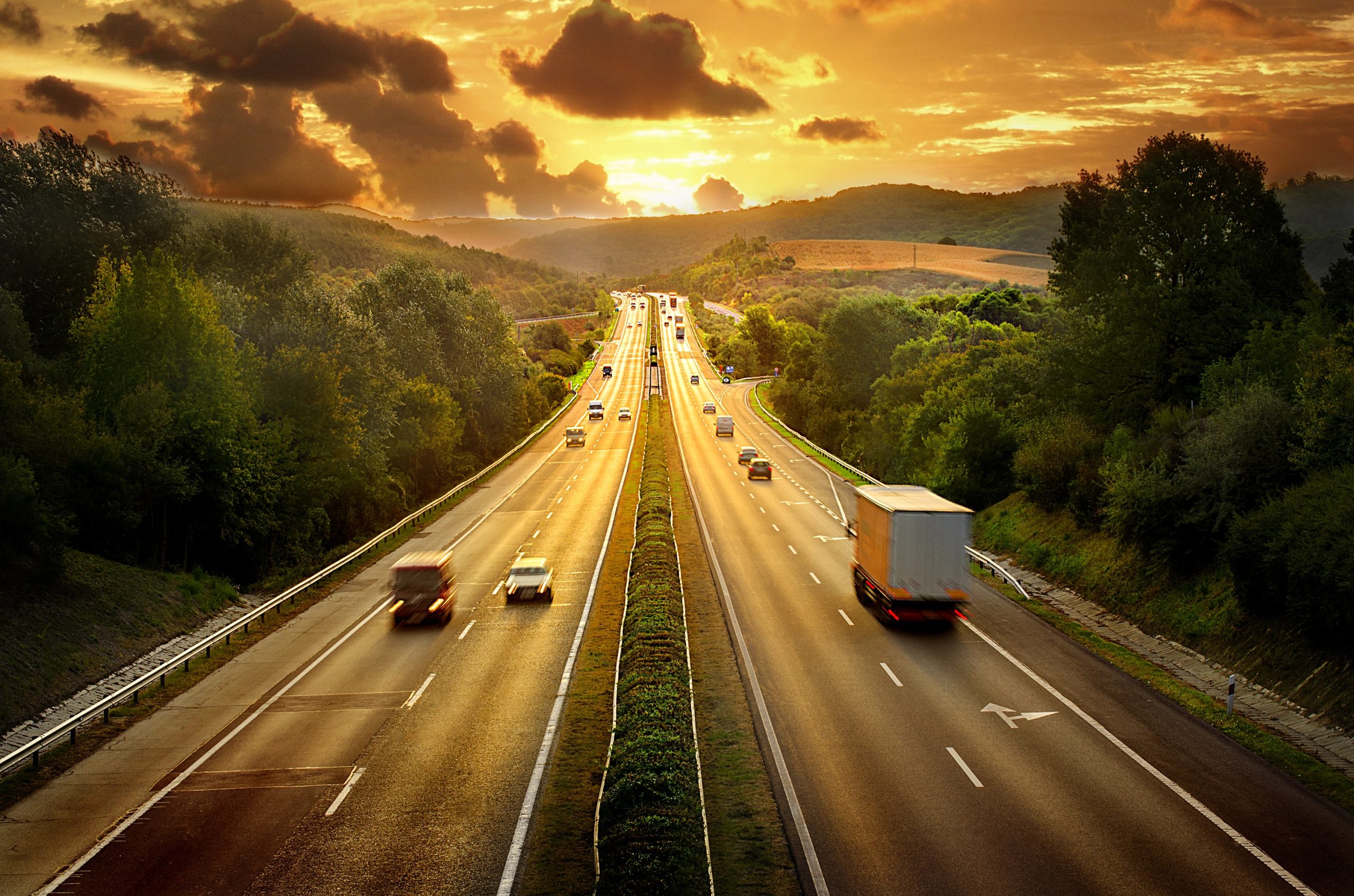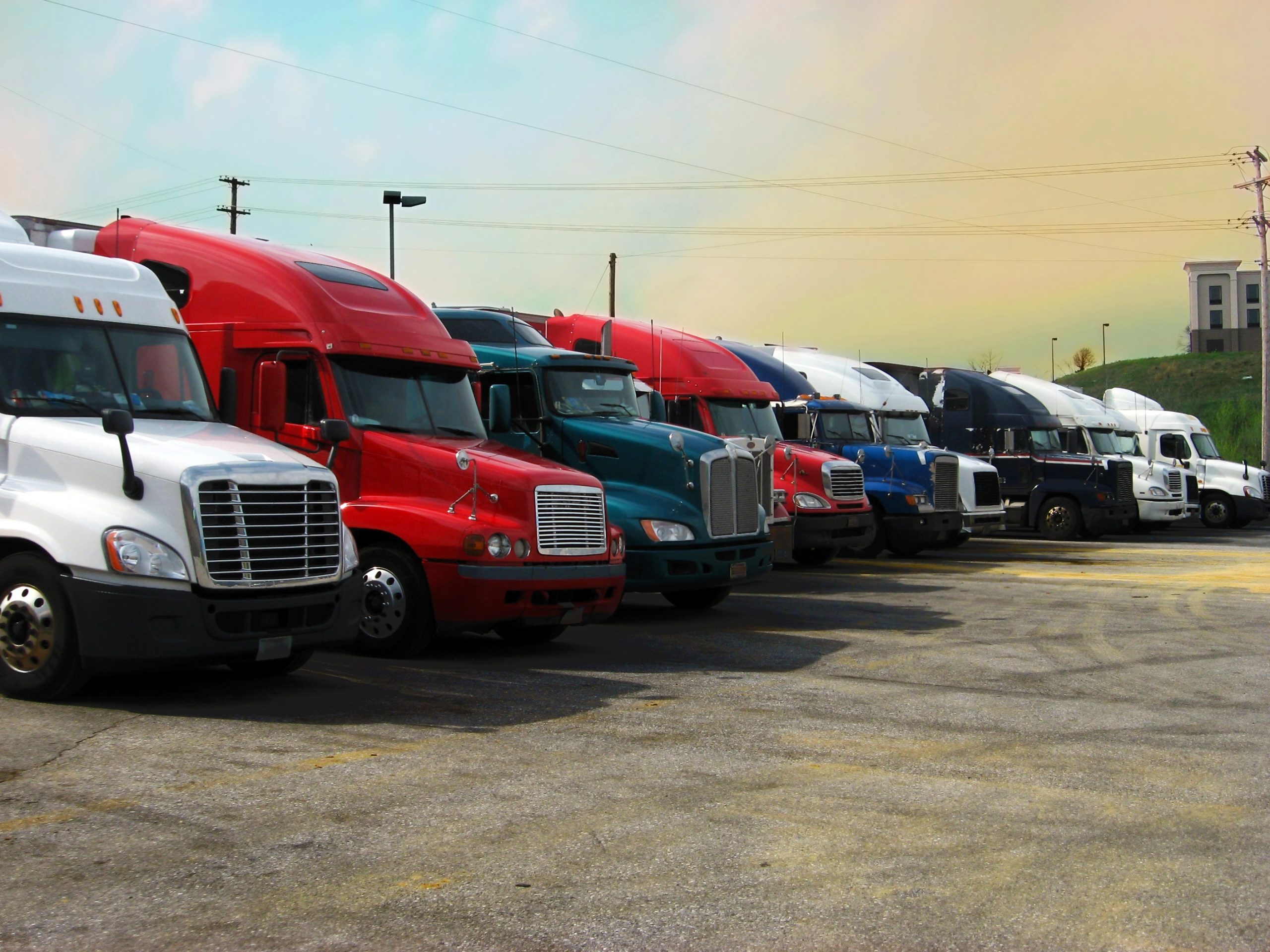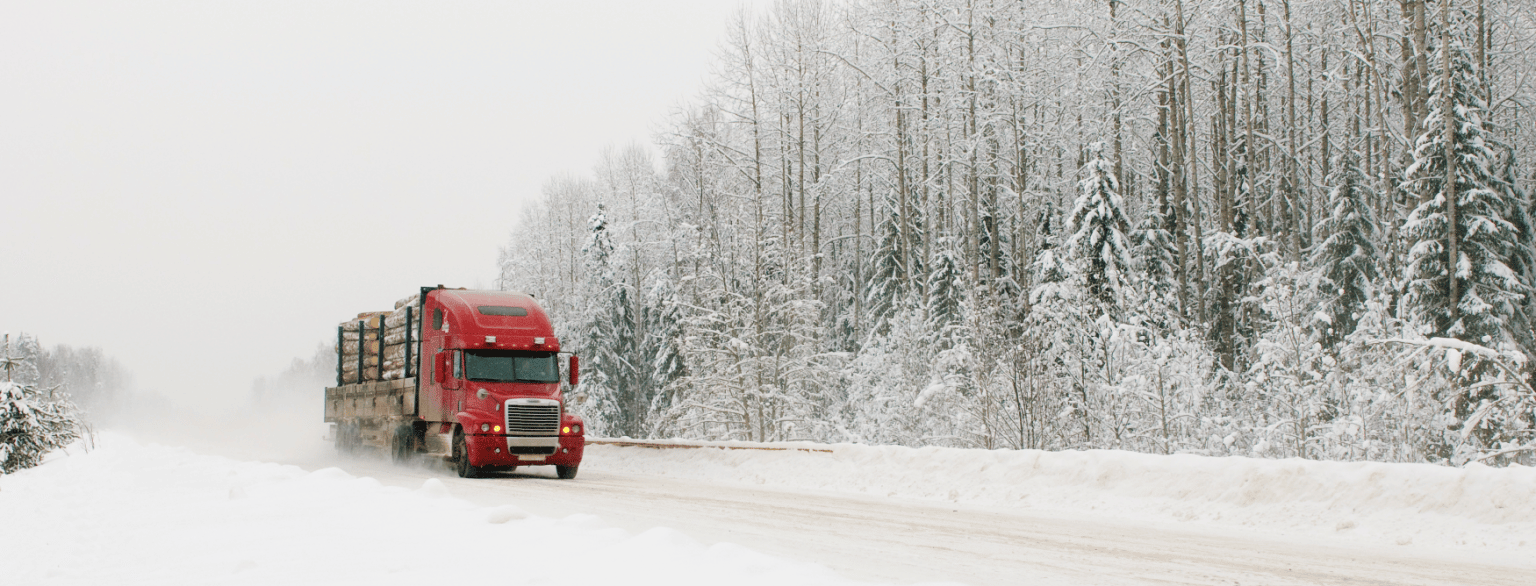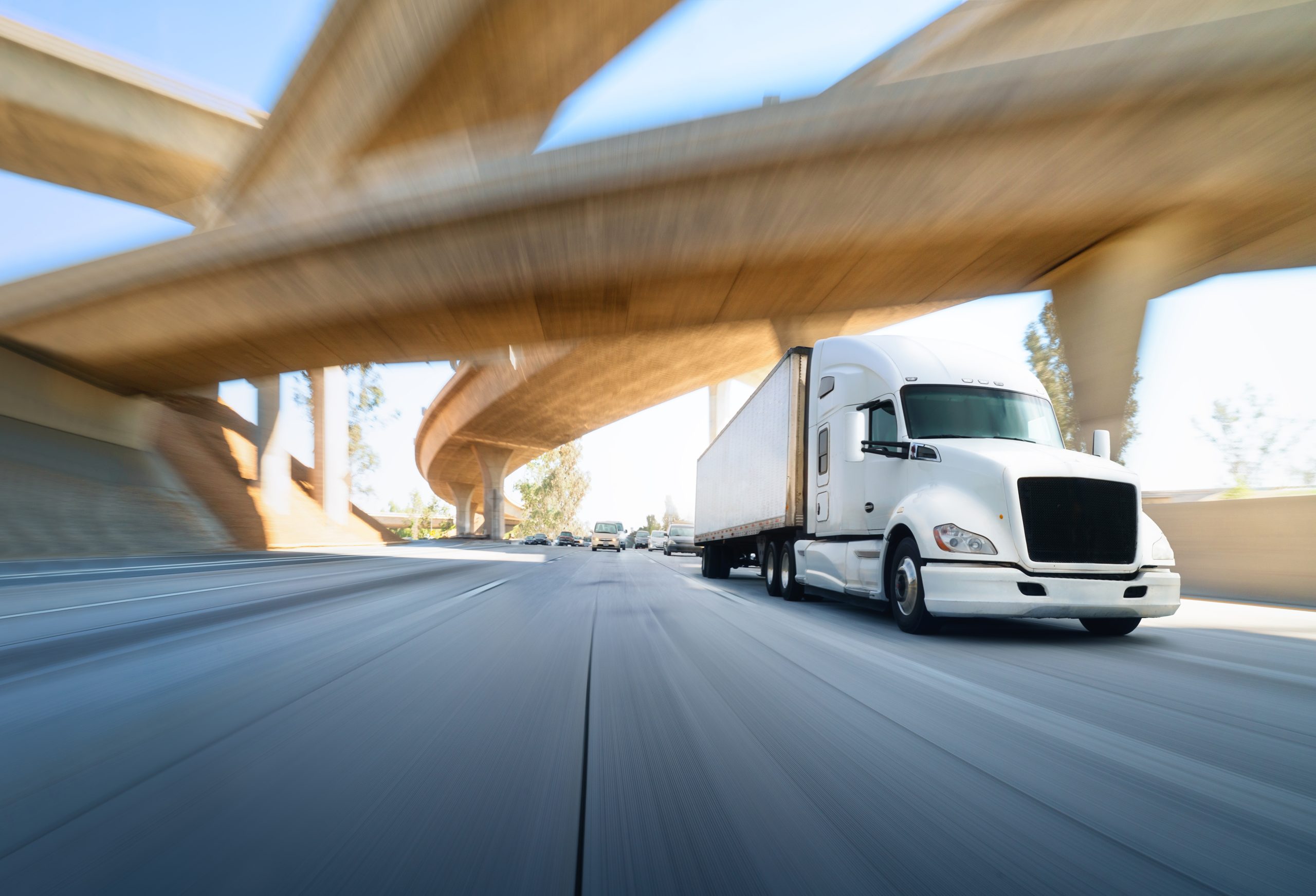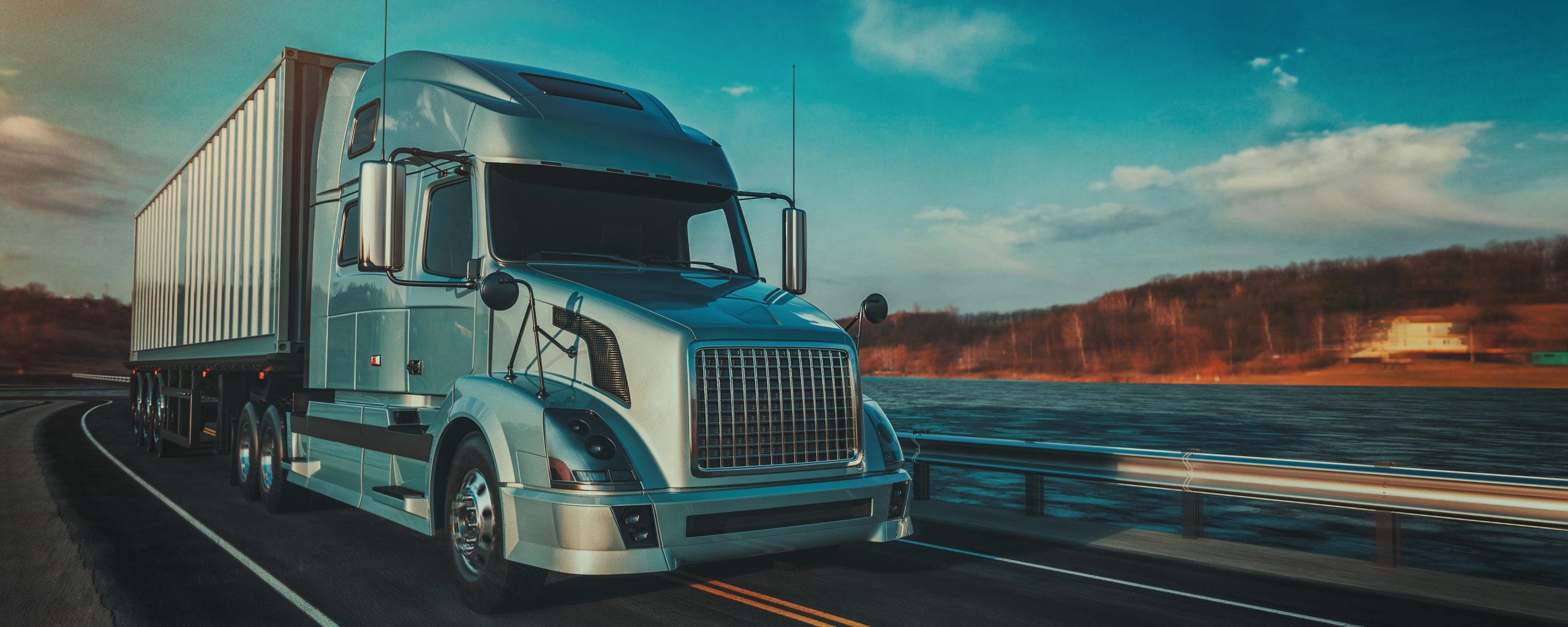
When deciding on a dash camera system, there are several important factors to consider to ensure you pick the right one for your needs. Dash cameras come in a variety of models with different features, so it’s essential to prioritize what matters most to you. Here are the 10 most important factors to consider:
- Video Quality:
- Resolution: Look for a dash cam with at least 1080p resolution (Full HD) or higher for clear and detailed video footage.
- Frame rate: A higher frame rate (e.g., 30fps or 60fps) can result in smoother video playback.
- Field of View:
- Wide-angle lens: A wide field of view (typically 120-170 degrees) captures more of the road and surroundings. Additionally consider adding cameras to the outside of your vehicles for a more comprehensive view of your vehicle and surroundings (learn more about 2,3, and 4 camera systems here)

- Low-Light Performance:
- Low-light or night vision capabilities are crucial for recording in various lighting conditions. The highest number of fatal accidents occur between 9 and 10 pm and evening and nighttime in general have a higher rate of fatal car accidents. Choosing a camera that has night vision capabilities is a must if you frequently drive during evening hours.
- Storage Capacity:
- Check if the dash cam uses removable memory cards (usually microSD) and consider getting a high-capacity card for extended recording. Make sure you check your storage medium as some dash camera systems come pre installed with a microSD card that has only enough space for a few hours of video footage and may not be designed to be overwritten constantly. These lower quality SD cards can cause significant issues down the road when you need to retrieve video only to find that the card stopped working many months ago.
- Loop Recording:
- Dash cams should have loop recording, which automatically overwrites older footage when the storage is full, ensuring continuous recording. Loop recording and the quality of that footage is also impacted by the storage options native to the camera system. As discussed a little further down, make sure your camera has a high capacity SD card designed for video loop recording.
- Cloud Connectivity (Optional but HIGHLY Recommended):
- More advanced dash cameras offer cloud connectivity with storage (expect a subscription fee for this service) for remote access to footage and additional features like alerts and real-time tracking. Cloud storage is vital in cases where your camera is no longer in your physical possession, like a tow or if the vehicle has been impounded. A good quality camera equipped with a G-sensor will automatically record and upload a video based on G-sensor related events which will allow you to access the video even though you may no longer have possession of the camera.
- G-Sensor:
- A G-sensor detects sudden impacts or accidents and locks the associated footage to prevent it from being overwritten. A robust dash camera system should include a management platform that can alert you to a sudden G-sensor event so you can know in real time of any potential issues with your vehicle.
- Stand By Mode:
- Some dash cameras offer a stand by mode that records when the vehicle is parked and detects motion or impacts, providing added security. This will vary depending on make and model of camera system, and some cameras without internal storage or that connect only using a USB cable will not be able to offer you any footage should an accident occur with a parked vehicle.
- GPS:
- GPS capability can log your vehicle’s speed and location, along with date and time, providing valuable information in case of an accident or incident. All of which can be vital in reducing costs associated by speeding up the discovery process and reducing the time it can take insurance to pay out a claim.
- Display, Feedback, and Coaching:
- Some dash cams come with built-in displays for real-time coaching, feedback, and video playback, while others either offer no coaching, or limit your ability to coach with an audio alert only and rely on smartphone apps for viewing footage.

Remember that the ideal dash camera system depends on your specific needs and preferences, so take your time to research and select the one that best suits your requirements for safety and security on the road.
